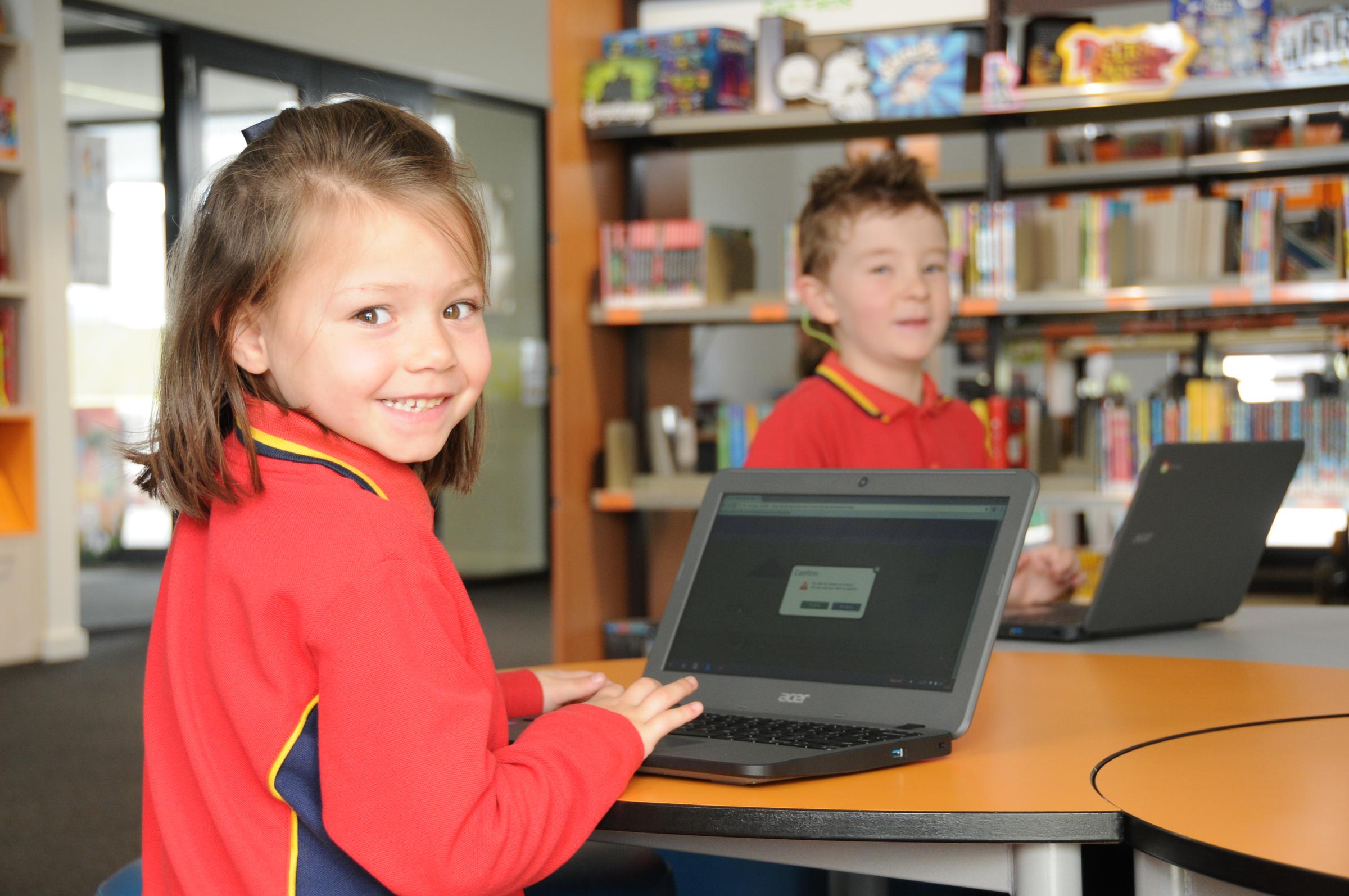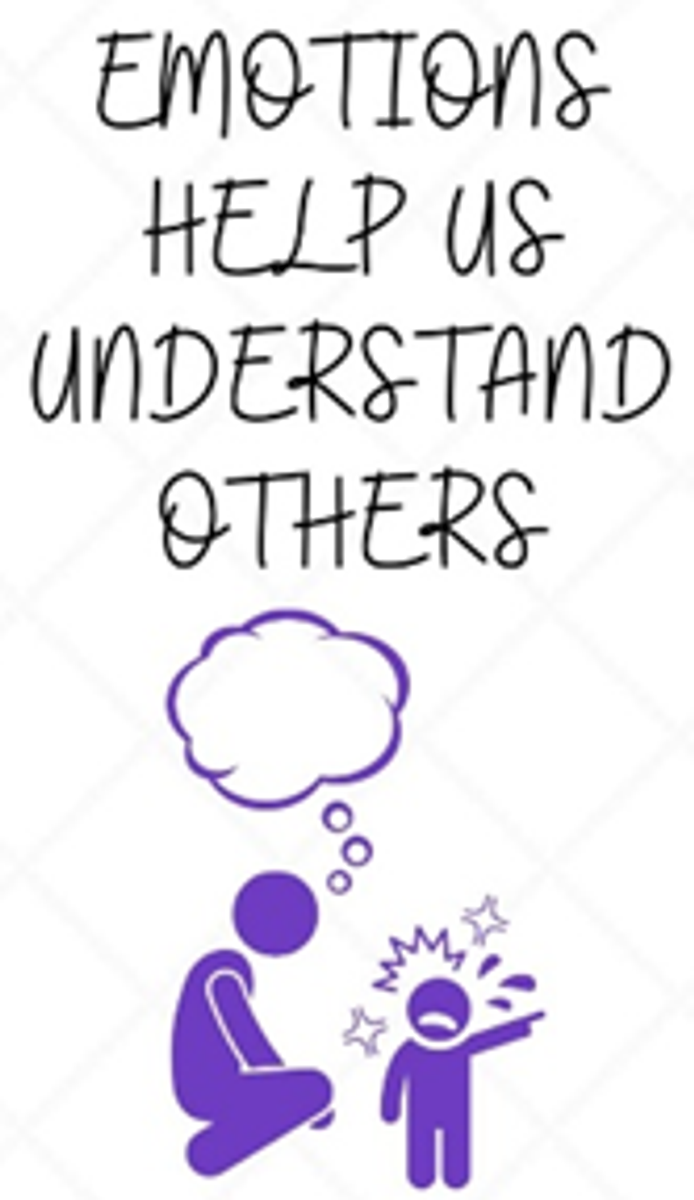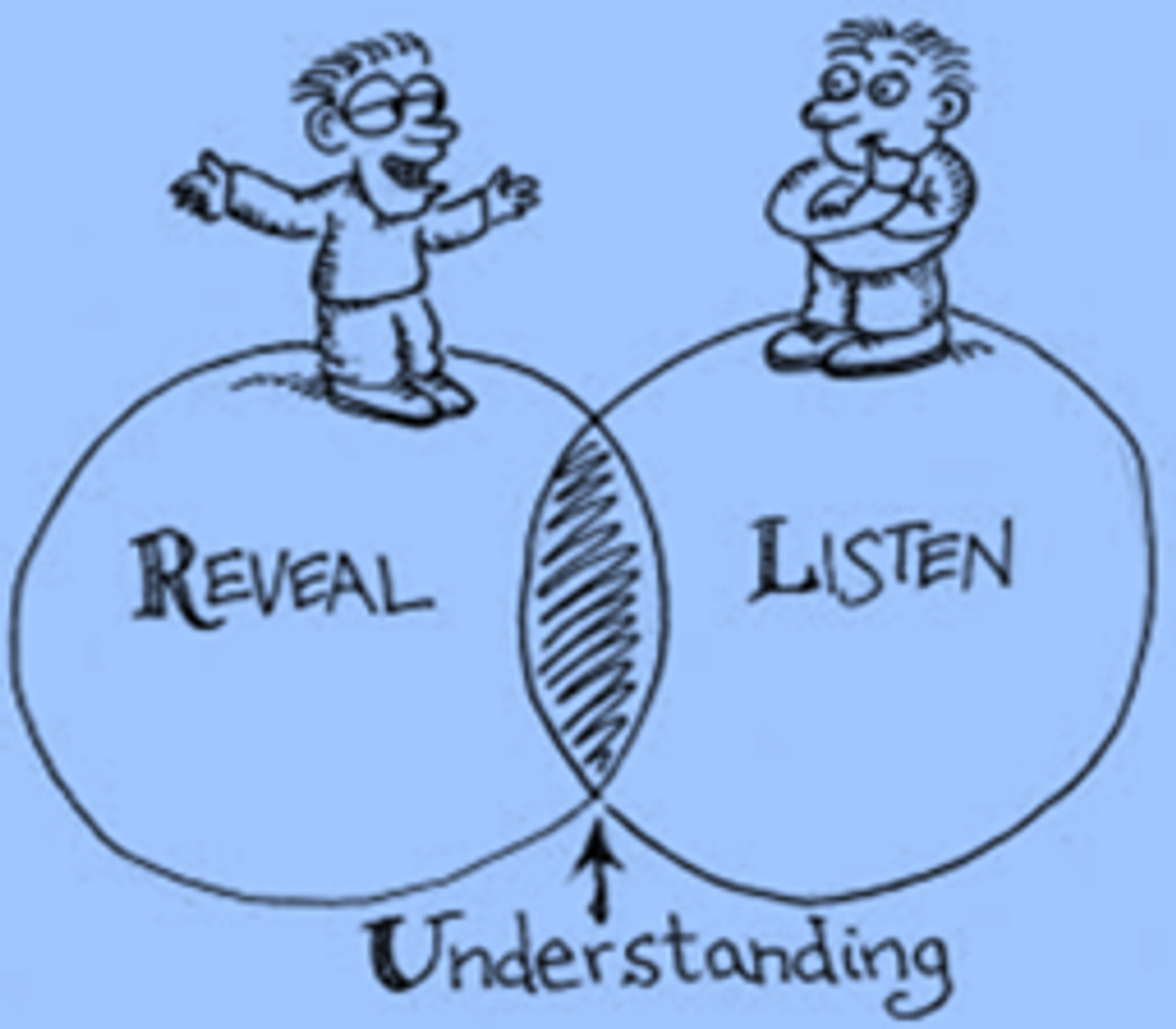Personal and Social Capability

CURRICULUM FOCUS
This week in Respectful Relationships, Grade 2 students will identify that everybody has different fears, responses and coping strategies.
VOCABULARY
Here are some simple and effective coping strategies for grade 2 students to manage their fears and responses:
Coping Strategies:
- Deep Breathing: Teach students to take deep breaths in through their nose and out through their mouth. This helps calm their bodies and minds.
- Talk About It: Encourage students to share their fears with a trusted adult or friend. Talking can make fears feel less overwhelming.
- Use a Comfort Object: A favourite toy or blanket can provide comfort when they feel scared, especially in new situations.
- Visualisation: Have students close their eyes and imagine a safe, happy place. This can help them feel more secure when they’re afraid.
- Create a Fear Box: Students can decorate a box and fill it with drawings or written notes about their fears. This can help them externalise their feelings.
- Positive Self-Talk: Teach them to use positive phrases, like “I am brave” or “I can handle this.” Repeating these can boost confidence.
- Role-Playing: Practise scenarios where they face their fears in a safe environment. This can help reduce anxiety about real-life situations.
- Mindfulness Activities: Simple mindfulness exercises, like focusing on their senses (what they see, hear, and feel), can help ground them in the moment.
ACTIVITIES YOU CAN DO AT HOME TO SUPPORT YOUR CHILD'S LEARNING
With your children, demonstrate calm responses to fears. Show them how you handle anxiety in a positive way.
Validate Their Feelings: Let them know it’s okay to feel scared. Everyone has fears, and talking about them is a good step.
Model Calmness: Demonstrate calm responses to fears. Show them how you handle anxiety in a positive way.
Encourage Gradual Exposure: If they fear something specific (like dogs), encourage them to observe from a distance first and gradually get closer as they feel comfortable.
Celebrate Small Steps: Acknowledge and celebrate when they face a fear, no matter how small the step. This builds confidence.


